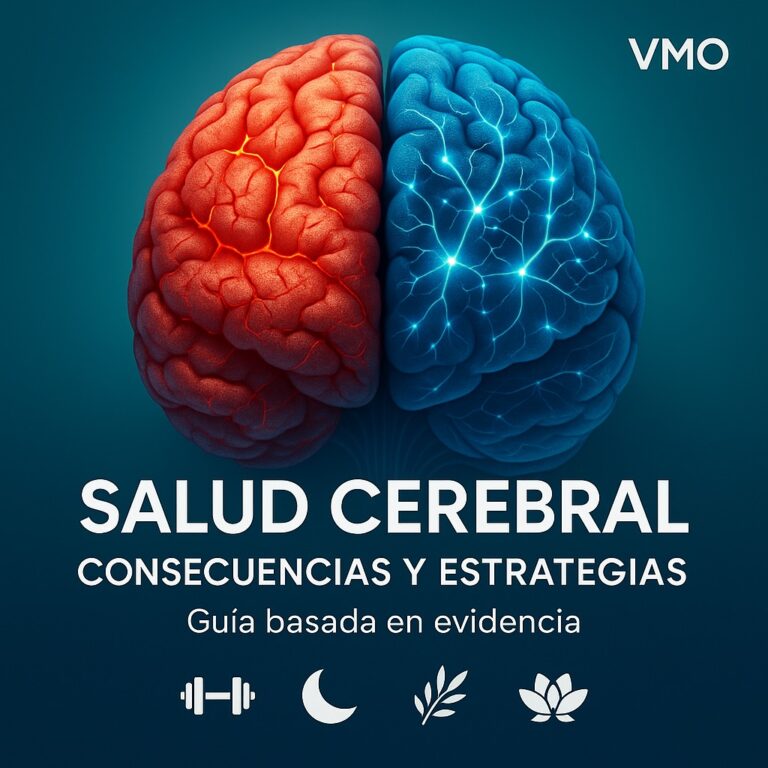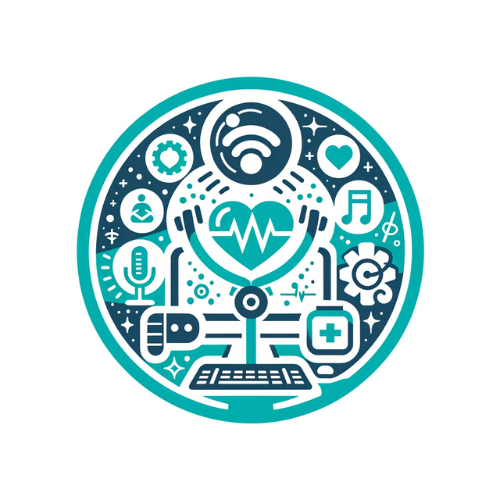Call us now:
Consequences of neglecting Brain Health 2025

Author and Affiliation Author: Camila Trabucco, M.D.Affiliation: Visita Médica Online (VMO) – Platform for Applied Neuroscience and Scientific CommunicationDate: July 2025 Keywords (SEO): consequences of neglecting brain health; brain health; cognitive decline; dementia; Alzheimer’s; Parkinson’s; sleep; physical activity; Mediterranean diet;…
